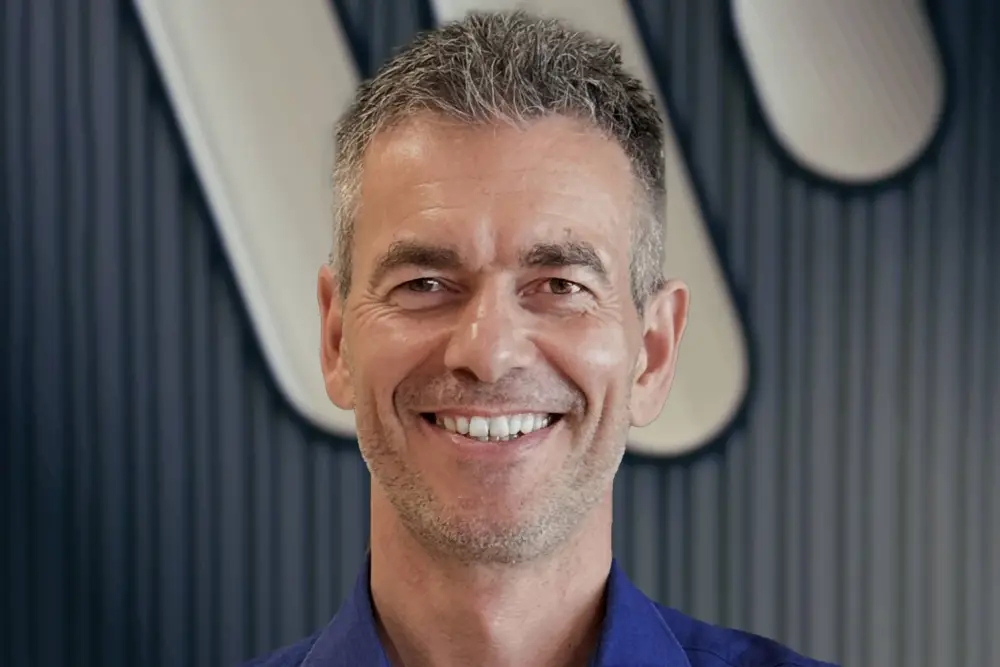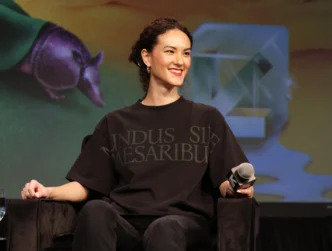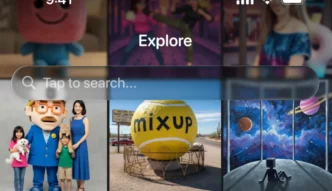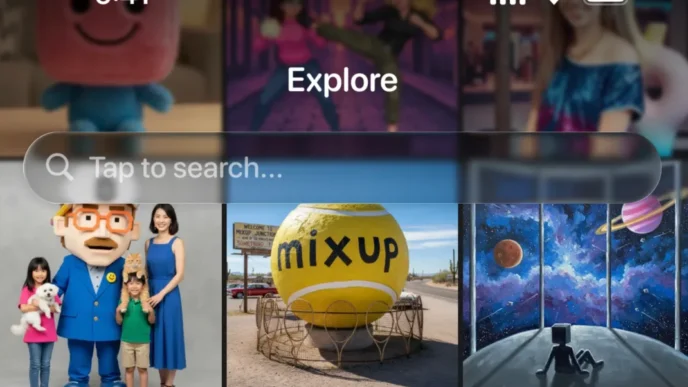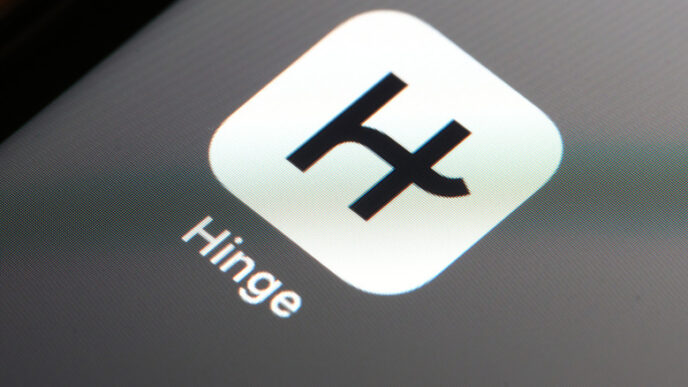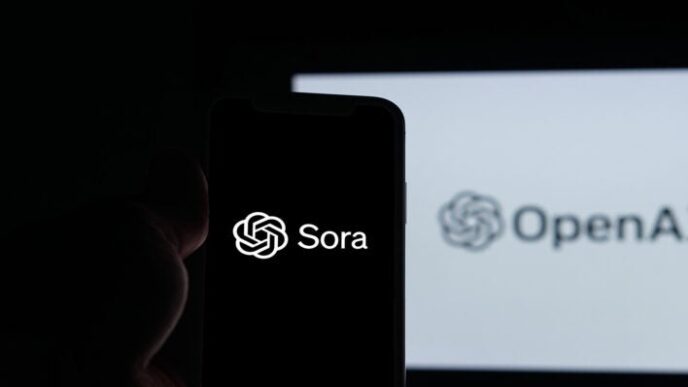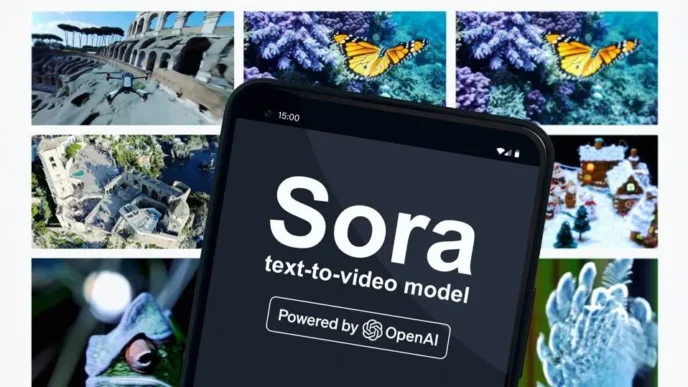The music industry hit a turning point this week as Warner Music Group reached a settlement with AI music startup Udio and moved straight into a long-term partnership. The agreement ends a copyright battle that began last year and sets the stage for a new Warner Music AI platform expected to launch in 2026.
The deal shows how quickly the industry is shifting. Instead of fighting every AI tool that enters the market, Warner Music is starting to build with the companies it once challenged. The label confirmed that the new Warner Music AI platform will rely on generative AI models trained only on licensed and authorized music. This approach marks a clear attempt to control how artists’ work is used while opening the door to new business opportunities.
Warner Music says the service will create new revenue streams for artists and songwriters. It will also protect their work by ensuring every participating musician is credited and paid. The platform will give users the ability to create remixes, covers, and original songs using the voices and compositions of the artists who choose to join. That means fans will be able to experiment with music in a way that still respects copyright and ownership.
Robert Kyncl, Warner Music Group’s CEO, said the company remains committed to protecting its artists. He also said Udio has taken meaningful steps to ensure everything on the service is properly authorized. Kyncl described the partnership as part of Warner’s broader plan to use AI responsibly while opening new creative and commercial paths for the music world. For Warner Music, AI is no longer a threat. It is a creative engine the company believes it can help shape.
The roster of artists under Warner Music includes some of the biggest names in global music. Lady Gaga, Coldplay, The Weeknd, and Sabrina Carpenter are only a few of the acts whose work could eventually appear on the platform. The idea of fans creating alongside these artists would have been unthinkable a few years ago, but the new Warner Music AI platform is designed to make that possible in a controlled and transparent ecosystem.
Udio’s co-founder and CEO Andrew Sanchez called the partnership a major step toward a future where technology amplifies creativity instead of replacing it. He said the new platform will give fans fresh experiences that bring them closer to their favorite musicians. Sanchez also emphasized that artists will have control over how their voices and compositions are used, something many AI services have struggled to guarantee.
The settlement arrives at a moment of rapid change across the industry. Only last year, Warner Music Group, Universal Music Group, and Sony Music Entertainment filed lawsuits against Udio and another AI platform, Suno. Both were accused of using copyrighted work without permission to train their models. The cases signaled the start of a major conflict over how AI tools should operate and who should have a say in their training data.
Today, the mood feels different. Universal and Sony are now reportedly in their own licensing talks with Udio and Suno. These conversations suggest a growing acceptance that AI music is not going away. Instead, major labels want to guide how the technology develops and ensure their catalogs are used with consent and proper compensation.
Investor behavior points in the same direction. On the same day Warner Music announced its deal with Udio, Suno revealed a massive $250 million Series C round that pushes its valuation to $2.45 billion. The round was led by Menlo Ventures and included big names such as Nvidia’s NVentures, Hallwood Media, Lightspeed, and Matrix. The scale of the investment shows how confident investors have become in AI-driven creative tools.
This momentum makes the Warner Music AI platform announcement even more significant. It reflects an industry learning to adapt rather than resist. With the right agreements, AI can help musicians reach new audiences, experiment with new sounds, and unlock new streams of income. The key is consent and control, two elements at the center of Warner Music’s deal with Udio.
The next few months will likely bring more partnerships between AI startups and major labels. The focus is already shifting toward creating systems that allow fans to participate in music creation without breaking copyright rules. At the same time, artists are demanding more transparency and better protections as their voices and compositions enter AI models.
Warner’s deal with Udio is one of the clearest signs that the industry sees a structured path forward. Instead of fighting every attempt at AI-generated music, labels are designing systems where AI becomes a creative tool. Fans get access to new experiences. Artists get paid. Labels retain control of their catalogs. The result is a more balanced ecosystem where innovation can move forward without ignoring the people who create the music in the first place.
The launch of the new Warner Music AI platform in 2026 will be an important test. If the service succeeds, it could reshape how fans engage with artists. It may even redefine the relationship between creators and their catalogs. Most importantly, it will show whether AI can support the music industry without eroding the value of human creativity.
Warner’s decision to settle with Udio was not just the end of a lawsuit. It was a choice to help build the future of music rather than fight it. As AI tools continue to evolve, the companies that embrace responsible collaboration will likely be the ones shaping the next generation of music itself.

